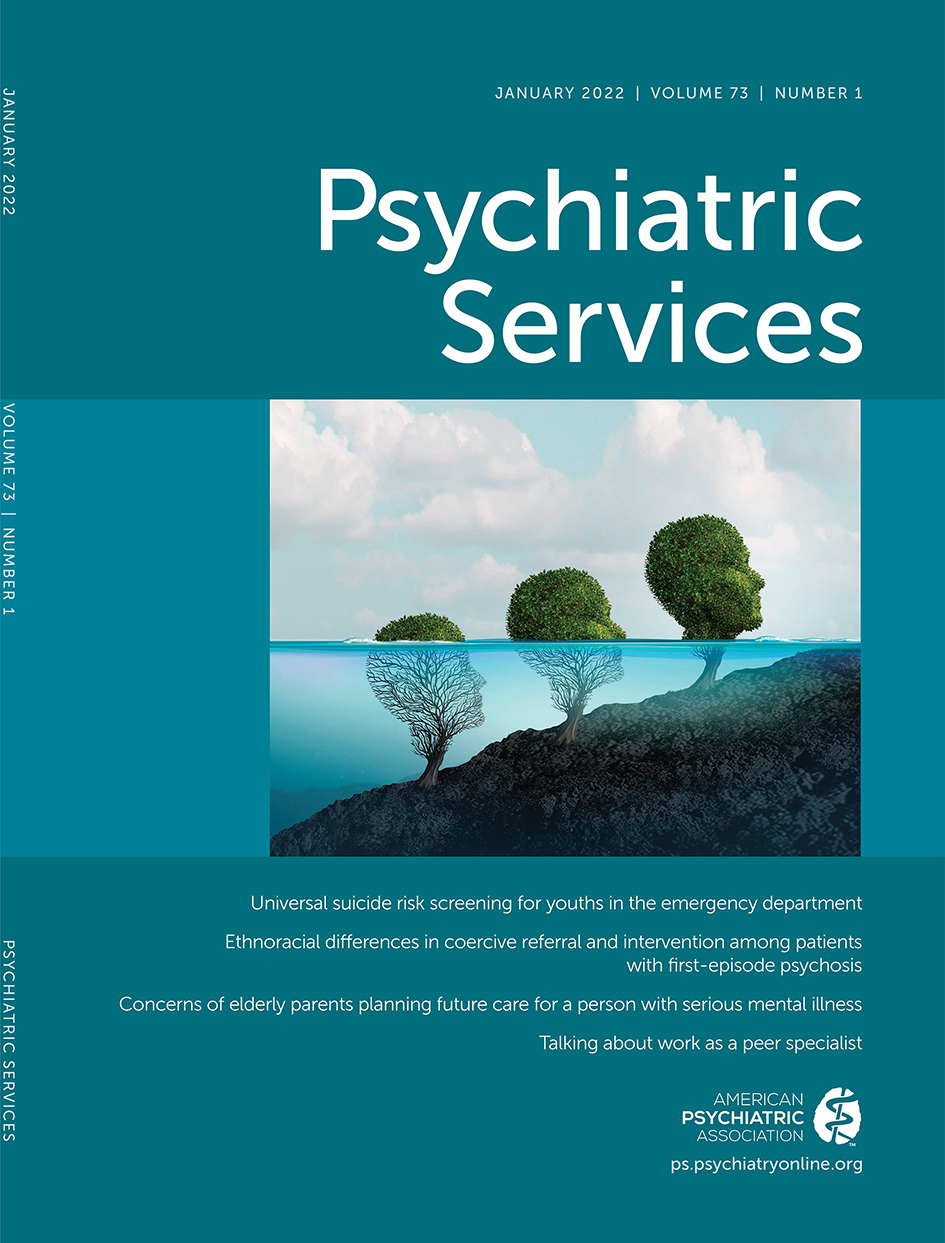Mental Health in the Era of Mass Incarceration
Arrest, incarceration, and other forms of criminal legal involvement can shape people’s lives in profound ways. In this issue, Rotter and Compton (1) call attention to the often overlooked ties between criminalization and mental health, pointing to effects far beyond incarceration. The authors explore the cyclical ways in which social determinants of health (e.g., poverty, unemployment, housing instability, discrimination) can lead to and result from criminal legal involvement, particularly among people with mental disorders and people from racial and ethnic minority groups. Criminalization can directly influence mental health through psychological stress (e.g., the experience of arrest, separation from family while incarcerated), disruptions in general medical or psychiatric care, stigmatization, and other factors. But criminalization is also a social determinant of health in a broader sense, often serving as a barrier to stable housing, employment, education, and recovery from mental and substance use disorders.
The authors suggest two practical ways for forensic mental health professionals to improve the lives of people with criminal legal involvement: integrating social determinants of health into recovery-oriented care at the individual level and advocating for structural reforms at the population level. We agree and suggest that these recommendations apply to all mental health professionals, who must do more in both clinical contexts and the public sphere to address the ties between criminalization and mental health. Antidepressants alone will not eliminate the trauma of incarceration or extended solitary confinement. Cognitive-behavioral therapy alone cannot remove the stain of being arrested in front of loved ones or having a felony conviction.
For too long, mental health professionals have not paid enough attention to the role of criminal legal involvement in mental health and other health-related outcomes. One explanation is lack of exposure to these issues in training. Training programs in psychiatry, psychology, and related specialties may not teach trainees about the basics of criminal legal involvement, such as the stages of criminal proceedings, differences between jails and prisons, and associations between mental health outcomes and criminalization. Some trainees never step foot in a courtroom or a correctional facility, even though these places are now at the front lines of mental health care. Perhaps this limited exposure partially explains why practicing mental health professionals often do not consider working in criminal legal settings, such as correctional facilities, and may not address criminal legal history when caring for people with mental health needs. If so, then expanding training exposure, such as dedicating curricula to criminal legal topics and facilitating clinical rotations in correctional settings, is an essential part of equipping the mental health workforce to address these needs.
Such training experiences can enable mental health professionals to talk with patients more readily about criminal legal history and to incorporate relevant history into evaluation and treatment planning. One of the more corrosive effects of criminalization is its tendency to “other” those with criminal legal involvement: the broader public, including mental health professionals, may view people with criminal legal history through an “us-and-them” lens, believing that “criminals” are the ones locked away in correctional facilities while the rest of us go on about our lives. Yet the wide spectrum of criminalization reminds us that people with criminal legal involvement are part of the broader public—they are us. Training mental health professionals to connect with patients about criminal legal involvement is one step toward undercutting this process of othering and better meeting people’s mental health needs in clinical settings.
Learning from these experiences in training and clinical encounters, mental health professionals can also become more effective advocates for systemic reforms to criminal legal policies to support mental health. As Rotter and Compton note, structural factors, such as policing practices and discriminatory laws, tend to drive criminal legal involvement, leading to disproportionate criminalization of people from racial and ethnic minority groups, as well as people with mental or substance use disorders. In recent years, activists, policy makers, academic scholars, and others have stirred national debate about rethinking policing and mass incarceration. With clinical experience and expertise, mental health professionals have a responsibility to stand up and join the conversation.
1 : Criminal legal involvement: a cause and consequence of social determinants of health. Psychiatr Serv 2021; 73:108–111Link, Google Scholar



